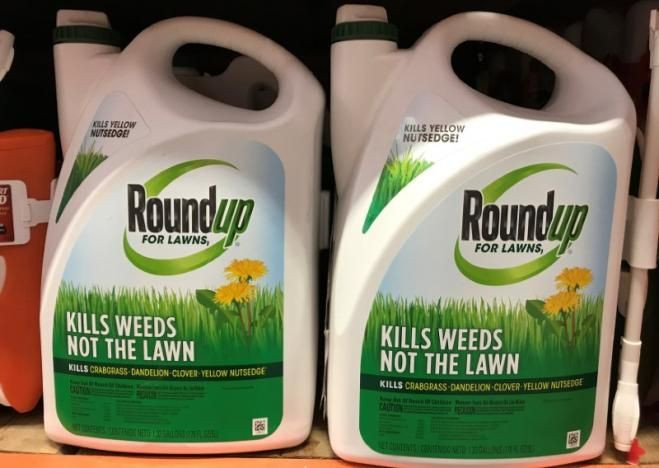Glyphosate, Popular Weed Killer Roundup Ingredient, Declared Potentially Cancerous

California on Monday became the first state to take a significant step toward listing the herbicide glyphosate as a potentially carcinogenic substance. This might result in the popular weed killer Roundup —in which glyphosate is a key ingredient— requiring a label with a warning saying it could cause cancer.
According to a report by the Los Angeles Times, the decision was taken by the Supreme Court even as Monsanto, the manufacturer of Roundup repeatedly assured that its products would not cause cancer. After tentatively dismissing a challenge by Monsanto and a citrus growers group in January, Superior Court Judge Kristi Kapetan said none of Mosanto’s objections were viable in her final ruling last week.
Read: Skin Cancer Facts: How To Protect Your Skin From Sun This Summer
Officials announced that starting July 7, the weed killer's main ingredient, glyphosate, will appear on a list California keeps of potentially cancerous chemicals. A year later, the products could come with warning labels.
Monsanto has filed an appeal after losing in the court to block the labeling requirement as it might harm the company’s business. State health regulators are yet to decide if the amount of the chemical in Roundup is high enough to pose a risk to human health. The officials have reportedly received more than 1,300 comments. Sam Delson, a spokesman for California's Office of Environmental Health Hazard Assessment was quoted saying by the LA times: "We can't say for sure. We're reviewing those comments.
The International Agency for Research on Cancer (IARC), the specialized cancer agency of the World Health Organization had declared glyphosate as a probable human carcinogen in March 2015. Introduced by Monsanto in 1974 as an effective way of killing weeds, it is used in Roundup, which is ranked as the second-most widely used U.S. lawn and garden weed killer. The agrochemical has no color or smell and is sold in more than 160 countries. According to a report by the National Geographic, farmers use it on 250 types of crops in California, the nation's leading farming state. Nearly all the corn, soy, and cotton now grown in the United States is treated with glyphosate.
Read: Obesity Statistics Show High Risk Of Cardiac Arrests, Diabetes And Cancer In Overweight Americans
Attorney Michael Baum, who represents more than 300 people who claim a loved one became sick or died from exposure to Roundup, said the fight to protect Californians was not over. He also said the state's failure to set the proper risk level would undermine protections California put in place by listing harmful chemicals. Reuters quoted Scott Partridge, Monsanto's vice president of global strategy saying: "This is not the final step in the process, and it has no bearing on the merits of the case. We will continue to aggressively challenge this improper decision”.
Another weed killer, Dicamba, designed for use with Monsanto’s genetically modified crops is under scrutiny in Arkansas after the state’s plant board voted last week to ban the chemical.
© Copyright IBTimes 2025. All rights reserved.




















